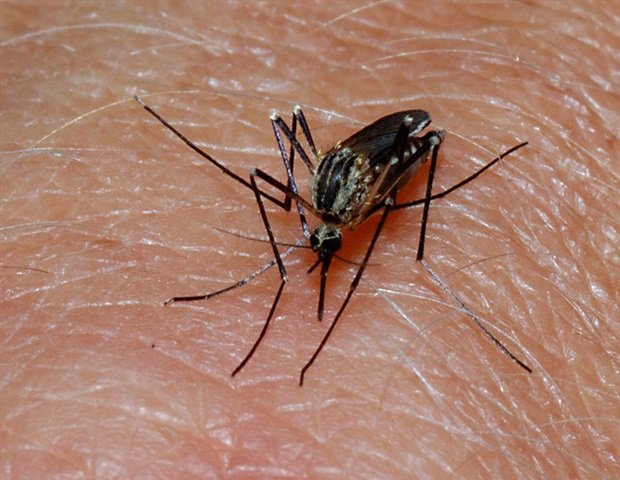Could the solution to the decades-long battle against malaria be as simple as soap? In a new study published in PLOS Neglected Tropical Diseasesscientists at the University of Texas at El Paso have made a compelling case for this.
The team found that adding small amounts of liquid soap to certain classes of pesticides can boost their potency by more than tenfold.
The discovery is promising news as malaria-carrying mosquitoes show increasing resistance to current insecticides, said Colince Kamdem, Ph.D., lead author of the study and assistant professor in UTEP’s Department of Biological Sciences.
Over the past two decades, mosquitoes have become highly resistant to most insecticides. Now it is a struggle to develop alternative associations with new ways of acting.”
Colince Kamdem, Ph.D., lead author of the study and assistant professor in UTEP’s Department of Biological Sciences
Both laboratory and field trials have shown that neonicotinoids, a special class of insecticides, are a promising alternative in target populations that show resistance to existing insecticides, said UTEP Assistant Research Professor Caroline Fouet, Ph.D. second author of the study. Neonicotinoids, however, do not kill some mosquito species unless their potency is enhanced. In this case, Fouet said, the soap is the enhancer.
Malaria is a devastating mosquito-borne disease prevalent in sub-Saharan Africa, Asia and Latin America, causing fever, fatigue, headaches and chills. the disease can be fatal. In 2020, there were an estimated 241 million cases of malaria worldwide, according to the Centers for Disease Control, resulting in 627,000 deaths.
Prior to joining UTEP, Kamdem worked at the Cameroon Center for Research on Infectious Diseases (CRID). It was there that he first caught the soap’s potency while conducting routine insecticide tests.
Current World Health Organization (WHO) protocols for testing mosquito susceptibility to certain insecticides recommend the addition of a seed oil-based product to insecticide formulations. Kamdem observed that when the compound was added, mosquito mortality increased from when the insecticide was used alone.
“This compound belongs to the same class of substances as kitchen soap,” Kamdem said. “We thought, ‘Why don’t we try products that have the same properties?’
He and his team chose three low-cost linseed oil-based soaps that are common in sub-Saharan Africa -? Maître Savon de Marseille, Carolin Savon Noir and La Perdrix Savon -? and added them to four different neonicotinoids, acetamiprid, clothianidin, imidacloprid and thiamethoxam.
The hunch paid off. In all cases, the insecticides dramatically increased potency, the team wrote in the study. “All three brands of soap increased mortality from 30 percent to 100 percent compared to when insecticides were used alone,” said Ashu Fred, first author of the study and a Ph.D. student at the University of Yaounde 1, Cameroon.
The team also tested adding soap to a class of insecticides known as pyrethroids. In these cases, however, they saw no benefit.
The team hopes to conduct additional tests to determine exactly how much soap is needed to enhance the insecticides.
“We would love to make a soap-insecticide formulation that can be used indoors in Africa and is healthy for users,” Kamdem said. “There are unknowns whether such a composition will stick to materials such as mosquito nets, but the challenge is both promising and very exciting.”
Additional authors on the study are PhD student Marilene M. Ambadiang of CRID and the University of Yaoundé 1. and Professor Veronique Penlap-Beng, Ph.D., of the University of Yaoundé 1.
The work was supported by a grant from the National Institutes of Health.
Source:
Journal Reference:
Ashu, F. A., et al. (2023) Plant oil-based surfactants are adjuvants that enhance the efficacy of neonicotinoid insecticides and can bias susceptibility testing in adult mosquitoes. PLoS Neglected Tropical Diseases. doi.org/10.1371/journal.pntd.0011737.
